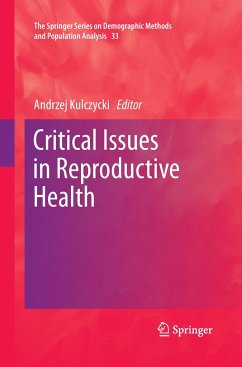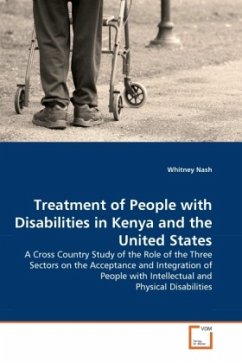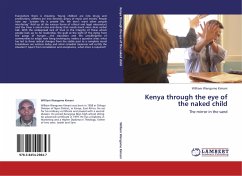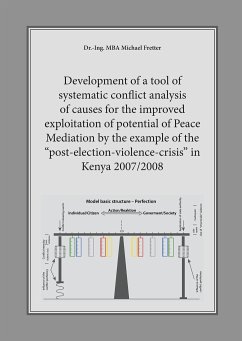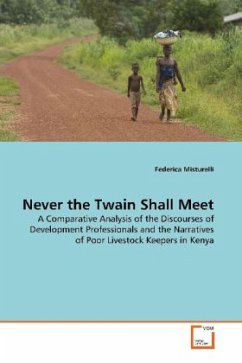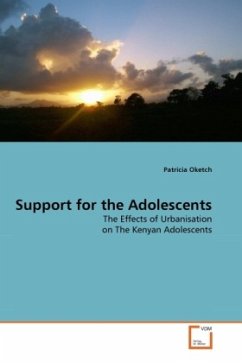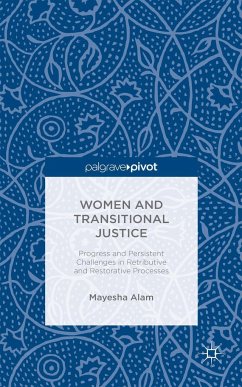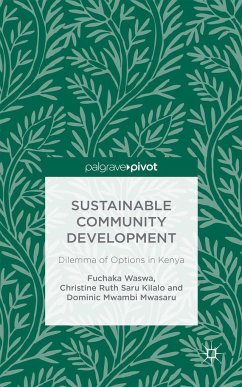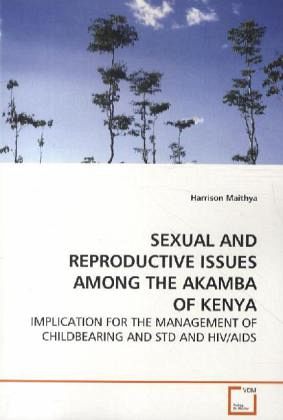
SEXUAL AND REPRODUCTIVE ISSUES AMONG THE AKAMBA OF KENYA
IMPLICATION FOR THE MANAGEMENT OF CHILDBEARING AND STD AND HIV/AIDS
Versandkostenfrei!
Versandfertig in 6-10 Tagen
52,99 €
inkl. MwSt.

PAYBACK Punkte
26 °P sammeln!
This book explores sexual and reproductive issues andtheir implication for the management of childbearing, STDand HIV/AIDS in an African community. The destabilisation oftraditional African social institutions that provided support andmaintained a balance between individuals, family and community hasimpacted negatively on reproductive health of both men and women. Thischange has also exposed them to dangers associated with sex. Theauthor further discusses cultural perceptions andexplanations of reproductive successes or failures and drawing onspecific cases from the Akamba of Kenya, he shows t...
This book explores sexual and reproductive issues and
their
implication for the management of childbearing, STD
and HIV/AIDS
in an African community. The destabilisation of
traditional African
social institutions that provided support and
maintained a balance
between individuals, family and community has
impacted negatively
on reproductive health of both men and women. This
change has
also exposed them to dangers associated with sex. The
author
further discusses cultural perceptions and
explanations of
reproductive successes or failures and drawing on
specific cases
from the Akamba of Kenya, he shows that these notions
are
embedded in the Akamba theories of disease causation,
health and
wellbeing. The meaning of STD and HIV/AIDS infection
to women is
different from that of men and this calls for
gender-specific
prevention and management strategies. The book is
recommended
for scholars, students and researchers in
sexuality,social and
cultural aspects of health and illness in Africa.
their
implication for the management of childbearing, STD
and HIV/AIDS
in an African community. The destabilisation of
traditional African
social institutions that provided support and
maintained a balance
between individuals, family and community has
impacted negatively
on reproductive health of both men and women. This
change has
also exposed them to dangers associated with sex. The
author
further discusses cultural perceptions and
explanations of
reproductive successes or failures and drawing on
specific cases
from the Akamba of Kenya, he shows that these notions
are
embedded in the Akamba theories of disease causation,
health and
wellbeing. The meaning of STD and HIV/AIDS infection
to women is
different from that of men and this calls for
gender-specific
prevention and management strategies. The book is
recommended
for scholars, students and researchers in
sexuality,social and
cultural aspects of health and illness in Africa.



